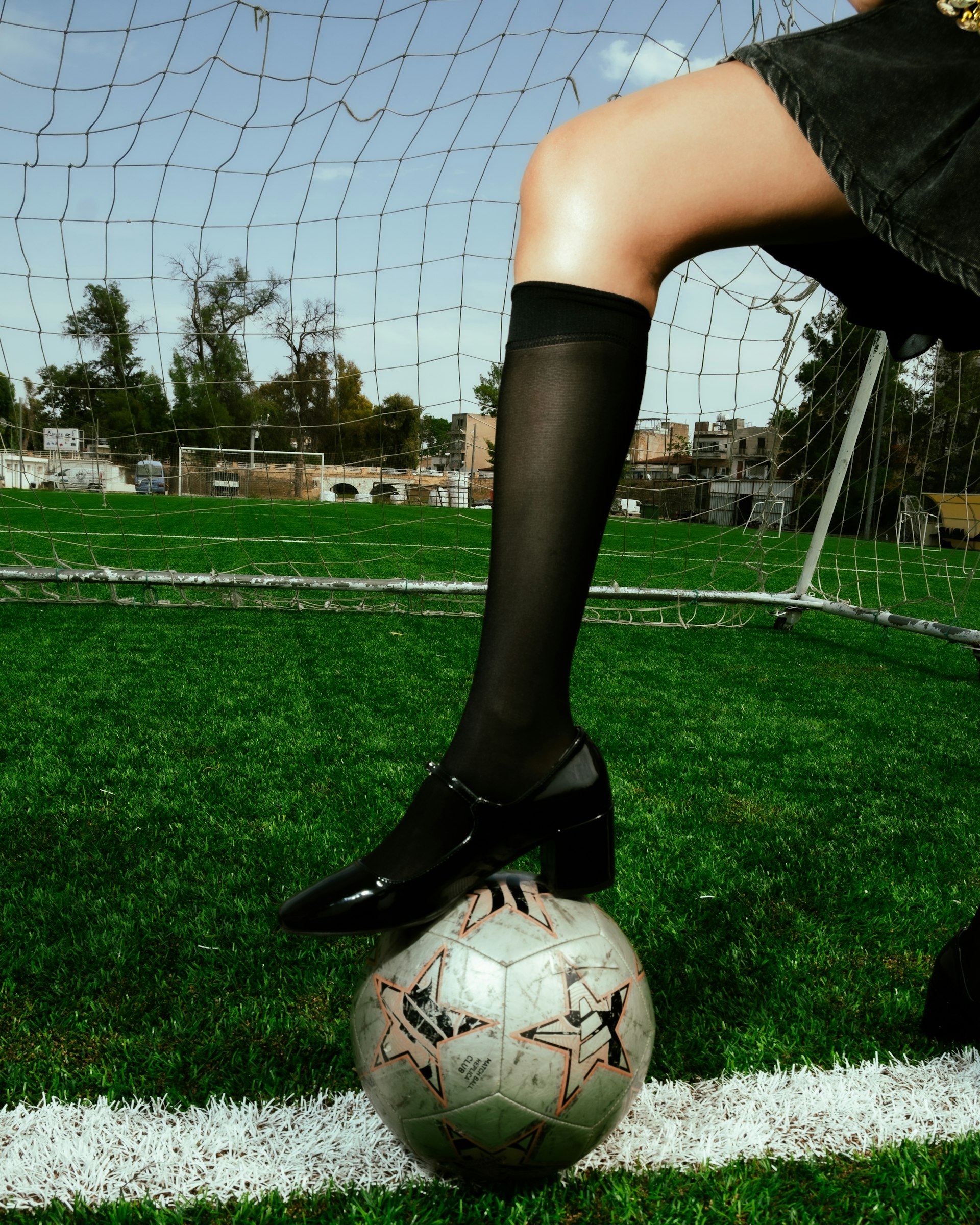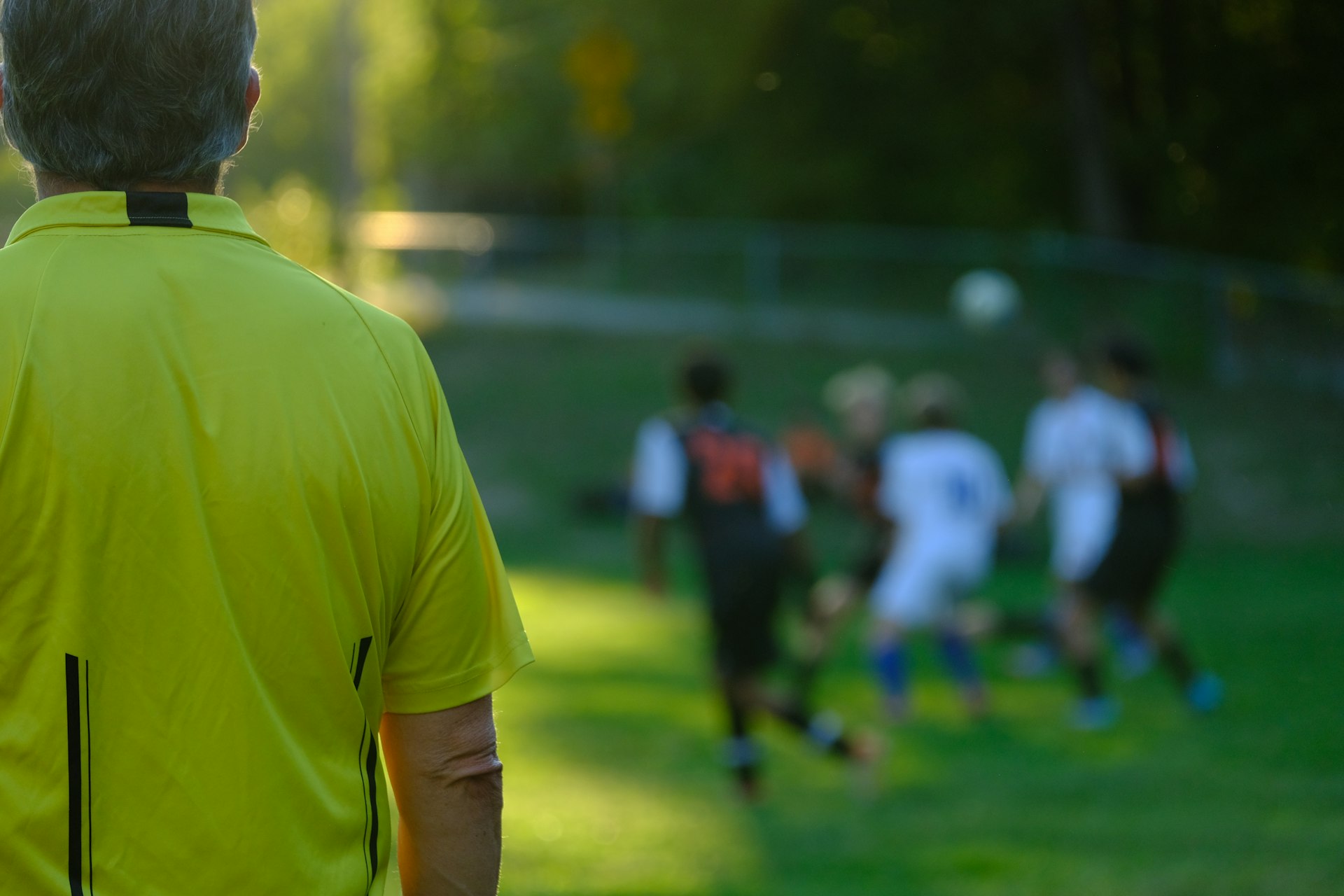Unlocking Peak Performance: How Sports Psychology Drives Athlete Success

Photo by Will Colavito on Unsplash
Understanding the Crucial Role of Sports Psychology in Athletic Achievement
In the world of competitive sports, physical training and technical skill are only part of the formula for success. Increasingly, evidence shows that the mind is just as critical. Sports psychology -the study of how mental processes influence athletic performance-has become an essential discipline for athletes seeking to maximize their potential. Whether on the field, the track, or in the arena, the psychological strategies athletes use can make the difference between winning and falling short. [1] [2]

Photo by shahid farid on Unsplash
Core Benefits of Sports Psychology for Athletes
Numerous studies demonstrate a direct link between psychological skills and enhanced athletic performance . The most effective programs target areas such as:
- Mental Toughness : Developing confidence, focus, and the ability to adapt to setbacks is vital for consistent, high-level performance. Athletes who cultivate these skills are better equipped to handle pressure and maintain composure under stress. [3]
- Goal Setting : Structured, realistic goals help athletes maintain motivation and track progress. Both short-term and long-term goals play a role in building confidence and sustaining effort throughout training and competition. [4]
- Stress and Anxiety Management : Performance anxiety and stress are common hurdles. Sports psychology offers relaxation and self-regulation techniques that allow athletes to reduce negative thinking, enhance focus, and perform optimally. [3]
- Motivation and Team Building : Positive self-talk and confidence-building techniques can strengthen team morale and individual drive, which are essential for both solo and team-based sports. [3]
- Injury Recovery and Rehabilitation : Psychological support helps athletes cope with the mental toll of injuries and maintain a positive outlook during recovery, leading to better outcomes and a quicker return to sport. [3]
Key Techniques Used in Sports Psychology
Sports psychologists employ a variety of proven techniques to help athletes overcome mental barriers and achieve peak performance:
- Imagery : Visualizing success and specific actions can improve motor skills and confidence.
- Self-Talk : Positive internal dialogue helps replace doubt with self-assurance.
- Relaxation and Arousal Regulation : Techniques such as deep breathing and progressive muscle relaxation enable athletes to control nerves and maintain optimal energy levels. [2]
- Goal-Setting Frameworks : Structured approaches encourage continual improvement and resilience in the face of setbacks. [4]
Real-World Examples: How Top Performers Use Sports Psychology
Many elite athletes openly credit sports psychology with helping them reach new heights. For example, Olympic champions and professional players often work with dedicated sports psychologists to refine their mental game, manage media attention, and recover from setbacks. In a range of sports, from tennis to basketball, the mental edge gained from psychological training is seen as a decisive factor. [3]
Step-by-Step Guidance: Accessing Sports Psychology Services
If you or someone you know is interested in leveraging sports psychology for athletic success, there are several pathways available:
- Identify Needs : Determine whether the focus is on performance enhancement, anxiety management, or recovery from injury. This will help you find the right specialist.
- Find Qualified Professionals : Many sports psychologists are licensed clinical psychologists with additional training in athletic performance. You can search for accredited professionals through organizations such as the Association for Applied Sport Psychology (AASP) or consult with local sports medicine clinics. If you are affiliated with a school or university, inquire about on-campus resources or referrals.
- Consider Telehealth Options : Many sports psychologists offer remote consultations, making it easier to access services regardless of location.
- Educational Programs : For those interested in a career in sports psychology, accredited graduate programs are available. For example, Saybrook University offers a Master of Science in Sport and Performance Psychology. [3]
- Self-Help Strategies : Athletes can begin by incorporating basic techniques such as mindfulness, visualization, and structured goal setting into their routines. However, professional guidance is recommended for maximum benefit and personalization.
It is important to note that not all athletes will benefit equally. Those in individual or high-skill sports may experience more pronounced results, while team sport athletes may require a tailored approach. If you are unsure where to begin, you can ask your coach, trainer, or sports organization for recommended resources or search for “certified sports psychologist near me” using reputable health directories. [5]
Challenges and Solutions in Implementing Sports Psychology
While the benefits are clear, integrating sports psychology into regular training can be challenging. Common obstacles include:
- Stigma and Misconceptions : Some athletes may feel that seeking psychological support implies weakness. Open communication and education about the proven benefits can help overcome this barrier.
- Access and Cost : Professional sports psychology services may not be universally accessible. Some athletes may find support through community programs, university resources, or telehealth options at reduced cost.
- Consistency : Like physical training, mental training requires regular practice. Setting aside dedicated time and integrating mental exercises into daily routines can help.
Alternative approaches-such as self-guided mindfulness, support groups, or working with experienced coaches trained in basic psychological strategies-may also be effective for those who cannot immediately access specialist services.
Maximizing Your Athletic Potential: Next Steps
Whether you are an aspiring athlete, a coach, or a parent supporting a young competitor, embracing sports psychology can transform the way you approach performance. Begin by learning about the available techniques, assessing individual needs, and connecting with qualified professionals. Remember, the path to athletic success is as much about the mind as it is about the body. By integrating psychological strategies into your routine, you can unlock new levels of performance, resilience, and satisfaction in sport.
References
- [1] Brigham Young University ScholarsArchive (2024). The Role of Positive Psychology Within Professional Sports.
- [2] International Journal of Environmental Research and Public Health (2023). Sport Psychology Interventions for Athletes’ Performance and Well-Being.
- [3] Saybrook University (n.d.). Famous Athletes and Sport Psychology.
- [4] International Journal of Environmental Research and Public Health (2023). Goals and Success in Sport: The Perspectives of Parents and Athletes.
- [5] American Public University System (n.d.). How Do Sports Psychologists Help Athletes’ Performance?



